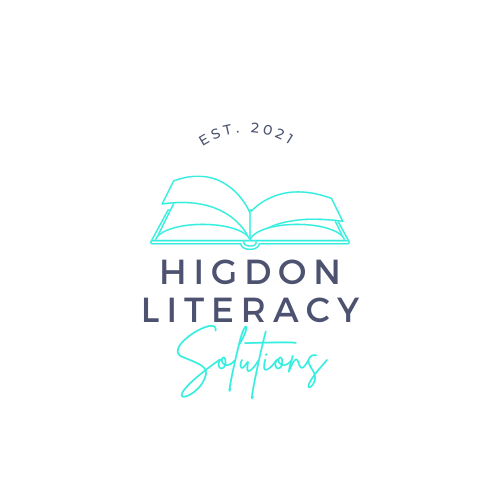Poetry Memorization and Recitation for Students with Dyslexia
The under-utilized art of the spoken word for students with dyslexia and other reading issues.
We know we’re preaching to the choir when we say that poetry memorization and recitation still has value. We see the smiles on our students’ face after they’ve recited The Charge of the Light Brigade and know that they’ll likely remember that cadence and those beautiful words for the rest of their lives. But what about students with reading issues? Is poetry recitation still good for them?
Yes, perhaps in an even more profound way, in fact.
Students with reading issues often have issues with self confidence.
… and poetry recitation can help with that! Similar to singing a song, a recited poem, when practiced, can sound beautiful.
It help students to pay attention to accuracy.
Poems must always be read exactly the way they were written, lest the reader loses the rhyming pattern, cadence, etc. Encouraging students with learning disabilities to memorize and recite poetry helps them to pay attention to possible miscues, which they can carry over to other types of reading.
Poetry often has rhyming patterns, which help with phonological awareness.
Many teachers underestimate the importance of phonological awareness with older students. Poetry provides an excellent opportunity to pay attention to rhymers and come up with additional words that would rhyme with the rhymers. It’s sometimes even fun to include “silly words” to get students’ imaginations rolling.
Poetry is beautiful and beauty is worth cultivating.
This is true for all students, no matter if they exhibit signs of a learning disability. If you do not utilize poetry with your students or children, consider this an encouragement to give it a try!


